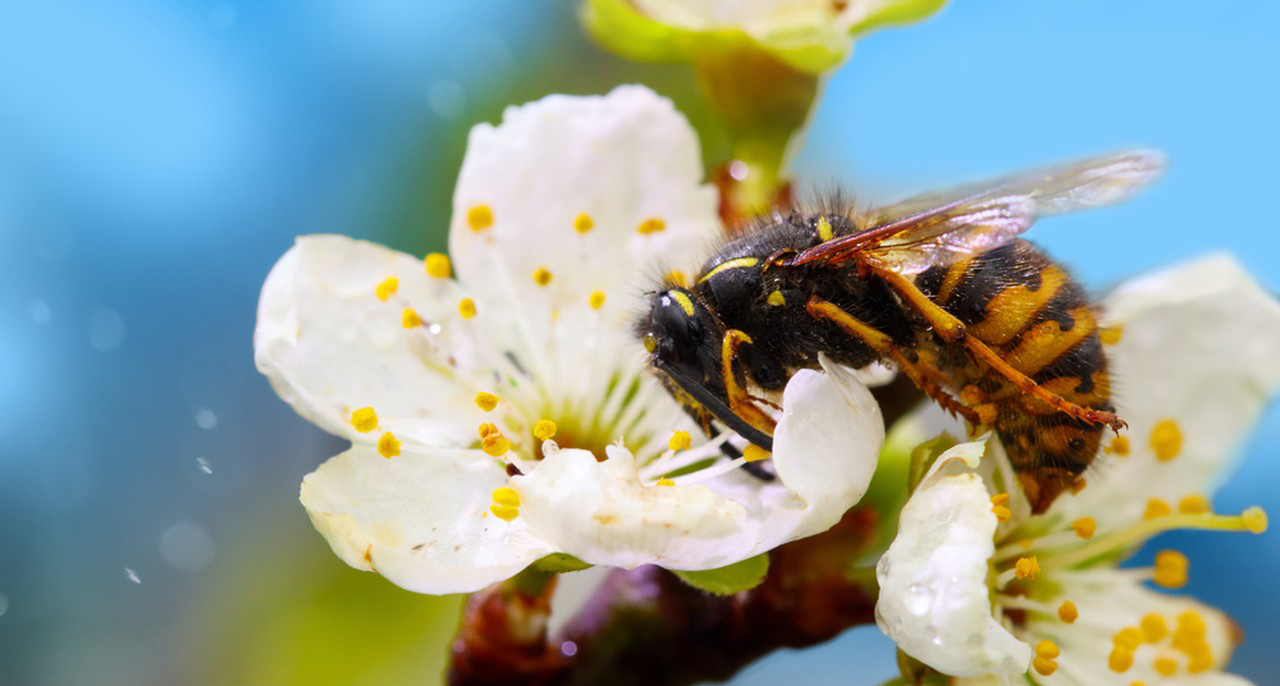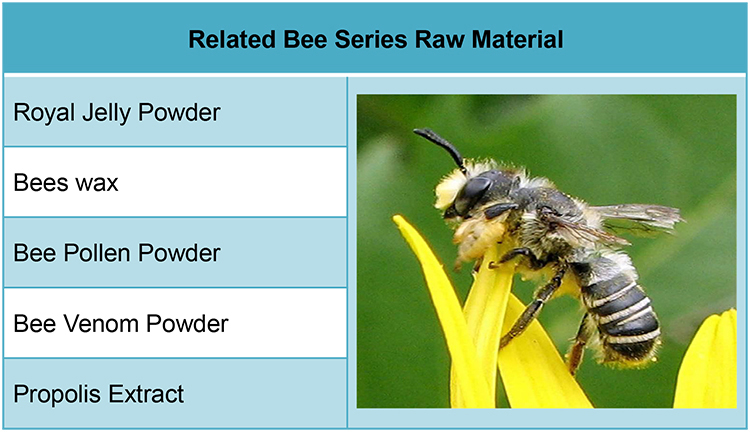Propolis powder and royal jelly are both natural substances produced by bees and are often used for their potential health benefits. However, they are distinct in terms of their composition, uses, and properties. Here are the key differences between propolis powder and royal jelly:
Source and Production:
Propolis Powder: Propolis is a resinous substance collected by bees from tree buds and sap, which they then mix with their saliva and beeswax to create a sticky substance. Bees use propolis to seal and protect their hives.
Royal Jelly: Royal jelly is a secretion produced by worker bees to feed the queen bee. It is a milky-white substance that is rich in nutrients and is exclusively fed to the queen bee throughout her life.

Composition:
Propolis Powder: Propolis is composed of resins, balsams, essential oils, and other plant-derived compounds. It also contains beeswax and bee saliva.
Royal Jelly: Royal jelly is a complex mixture of water, proteins, sugars, vitamins (especially B vitamins), minerals, and fatty acids. It is notably rich in acetylcholine and royalactin, which are believed to be responsible for its effects on queen bee development.
Uses and Benefits:
Propolis Powder: Propolis is often used for its potential health benefits, particularly as a natural remedy for various conditions. It is known for its antioxidant, anti-inflammatory, and antimicrobial properties. Propolis is commonly used in dietary supplements, skincare products, and herbal remedies.
Royal Jelly: Royal jelly is primarily used as a dietary supplement and health tonic. It is believed to have various potential benefits, including boosting the immune system, enhancing skin health, improving cognitive function, and providing an energy boost. It is also used in some cosmetics and skincare products.
Flavor and Texture:
Propolis Powder: Propolis is typically available in various forms, including propolis powder, capsules, and tinctures. Propolis powder may have a slightly bitter taste and is often used in herbal remedies or mixed with other ingredients.
Royal Jelly: Royal jelly has a creamy texture and a slightly sweet, sour, and acidic taste. It is often consumed in its natural form or as an ingredient in various health products.

Safety and Allergies:
Some individuals may be allergic to bee products, including propolis and royal jelly. Allergies to these substances can lead to skin reactions, respiratory issues, or digestive problems. It is important to exercise caution and consult with a healthcare professional if you have known allergies or are new to these bee-derived products.
In summary, while both propolis powder and royal jelly are bee-derived products with potential health benefits, they have distinct origins, compositions, and uses. Propolis is more commonly associated with its antimicrobial and anti-inflammatory properties, while royal jelly is often used as a dietary supplement with a focus on nutritional support. If you’re considering using either of these products for health purposes, it’s advisable to consult with a healthcare professional to ensure they are safe and suitable for your specific needs.
